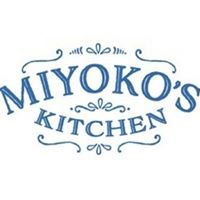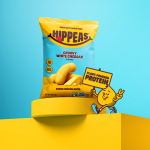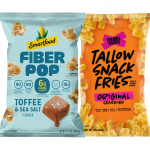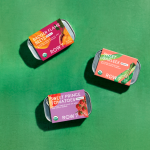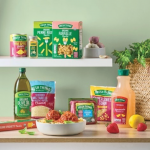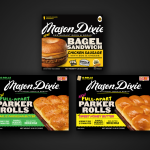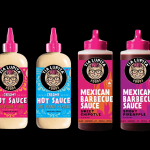Miyoko’s To Close Production Facility, Move Fully To Co-Manufacturing
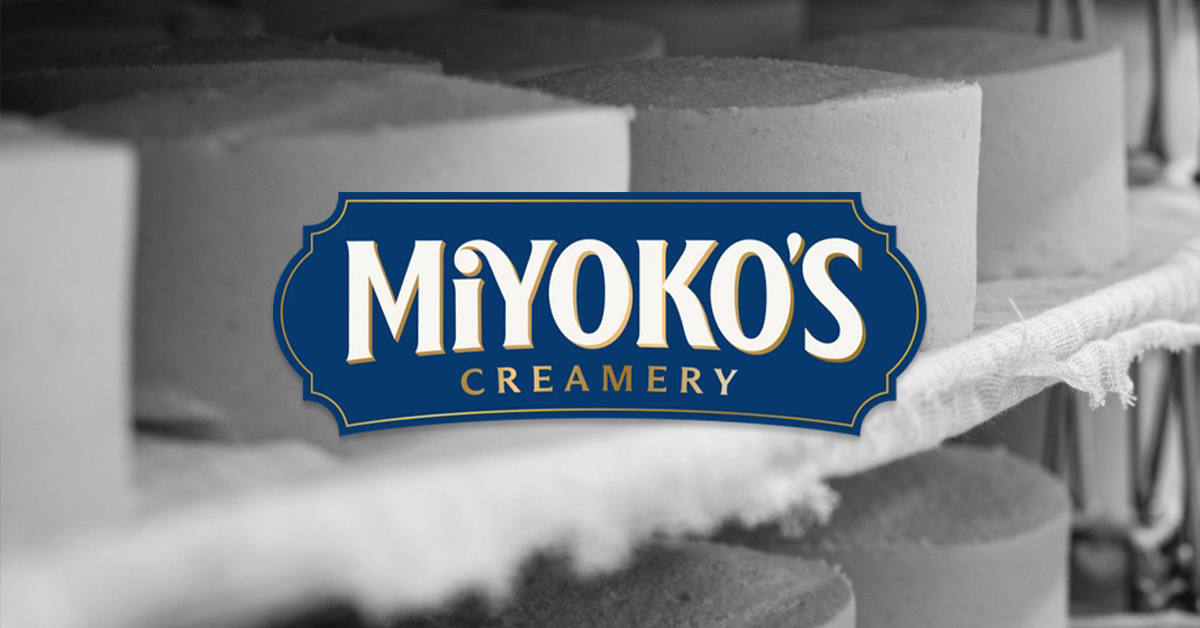
A combination of cost management pressures and opportunities to scale have sparked Miyoko’s Creamery to move from self-manufacturing and shift all production to co-packing partners by the end of the year.
The vegan dairy brand announced today that it is beginning the process of moving production out of the 29,000 sq. ft. facility it has leased since 2017 and instead focusing on growing the business through a network of “less than a dozen” co-packers, CEO Stuart Kronauge told NOSH.
The company would not comment on if the business would go to existing partners or would include new co-packers, but Miyoko’s is looking to “potentially leverage the opportunity to expand its geographic footprint,” Kronauge said.
Miyoko’s Creamery had already been scaling back output from its Petaluma, California production facility as it has gone from a small- to mid-sized brand, Kronauge said. The plant is currently only making Miyoko’s Plant Based Mozzarella wheel and some of the limited-run, seasonal products like its Winter Cranberry Aged Cheese wheels.
The brand has been planning for this eventuality even before Kronauge took over the lead executive role in August in the wake of a tumultuous parting with founder and former CEO Miyoko Schinner in February.
“It’s a combination of two things. One, continuing on that journey towards a more scaled business and giving us more opportunity to go bigger than we are today,” she said. “The second thing is it’s also about efficiency and cost management because times are complicated.”
Miyoko’s wouldn’t specify the exact number or location of its co-mans, but the brand is “constantly, judiciously growing” that network to provide redundancy in its supply chain, said Miyoko’s board member and co-founder of investment firm Obvious Ventures James Joaquin.
In 2020, Miyoko’s launched a line of more familiar plant-based cheeses in slices, shreds and blocks branching out from the brand’s roots as an artisanal, handmade vegan cheese company. The play for “cheese and butter for the masses” as Schinner called the products at the time, were eventually discontinued last March citing problems with the conventional cheeses not meeting the nutritional and quality standards.
Miyoko’s has also dipped into being an ingredient provider with its vegan butter being used in OCHO Candy’s plant-based caramels at the start of the year.
The company didn’t discuss if it was planning to develop new products aimed more at conventional grocery consumers but Kronauge did say that the brand wanted to “go bigger than it is today” and the increased scale offered in a solely co-manufacturing model could open up more innovation opportunities.
Scale does offer the brand the ability to bring its products into price parity with other premium dairy and plant-based cheese brands. The higher cost of plant-based cheese is partially responsible for the decline of both dollar and unit sales in the category in 2022, according to research from the Good Food Institute.
Production at the brand’s facility will continue until the end of the year, but eventually “less than 40” production positions would be eliminated from Miyoko’s. The company confirmed that “some employees” will be kept on in other positions after the plant closes.
Miyoko’s headquarters will remain in Petaluma. The company hasn’t determined what will happen to its production equipment but it will most likely be sold to other producers or to co-packing partners.

